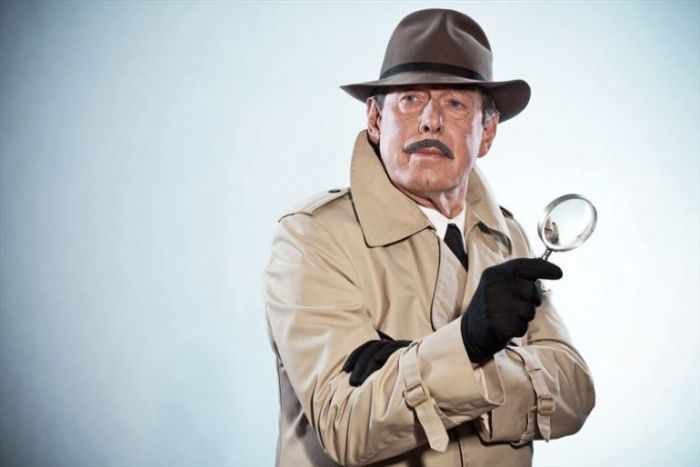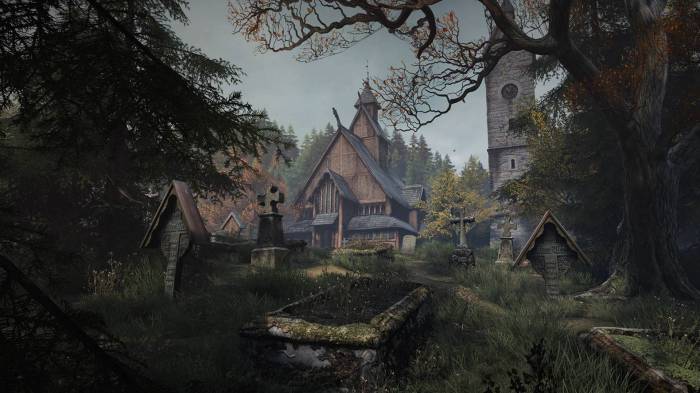Describe the evolution of the terms detective and crime-scene investigator. – The evolution of detective and crime-scene investigator roles has been a fascinating journey, marked by technological advancements and a growing understanding of scientific methods. This narrative traces the historical origins of detectives, the emergence of crime-scene investigation as a specialized field, and the ongoing impact of technology on these professions.
Historical Origins of Detective: Describe The Evolution Of The Terms Detective And Crime-scene Investigator.

The emergence of the detective figure in the 19th century marked a significant shift in law enforcement. Early detectives, such as Eugène François Vidocq in France and Charles Frederick Field in England, pioneered new methods of investigation and crime-solving.
The influence of literary characters like Edgar Allan Poe’s C. Auguste Dupin further popularized the concept of the detective as a brilliant and analytical figure.
Evolution of Detective Techniques
The late 19th and early 20th centuries witnessed significant advancements in detective techniques. Fingerprinting, pioneered by Sir Francis Galton and Edward Henry, revolutionized personal identification.
Forensic science, including ballistics and toxicology, provided scientific methods for crime analysis. Photography became an invaluable tool for documenting crime scenes and evidence.
Emergence of Crime-Scene Investigation, Describe the evolution of the terms detective and crime-scene investigator.
Crime-scene investigation emerged as a specialized field in the early 20th century. Edmund Locard’s “Locard’s exchange principle” emphasized the importance of meticulous crime scene examination.
Paul Kirk, known as the “father of forensic science,” developed crime-scene protocols and best practices that became the foundation for modern crime-scene investigation.
Comparison of Detective and Crime-Scene Investigator Roles
| Detective | Crime-Scene Investigator | |
|---|---|---|
| Responsibilities | – Investigate crimes, gather evidence, and identify suspects
|
– Process crime scenes
|
| Skills | – Analytical and problem-solving abilities
|
– Attention to detail
|
| Training | – Typically require a bachelor’s degree in criminal justice or a related field
|
– May require a bachelor’s degree in forensic science or a related field
|
Common Queries
What are the key differences between detectives and crime-scene investigators?
Detectives are responsible for investigating crimes, gathering evidence, and identifying suspects. Crime-scene investigators are responsible for collecting and analyzing physical evidence at crime scenes.
How has technology impacted detective work and crime-scene investigation?
Technology has revolutionized detective work and crime-scene investigation, with advancements such as DNA analysis, digital forensics, and surveillance systems.
What are the future trends in detective and crime-scene investigation?
Future trends include the use of robotics, virtual reality, and data analytics to enhance crime-solving capabilities.


